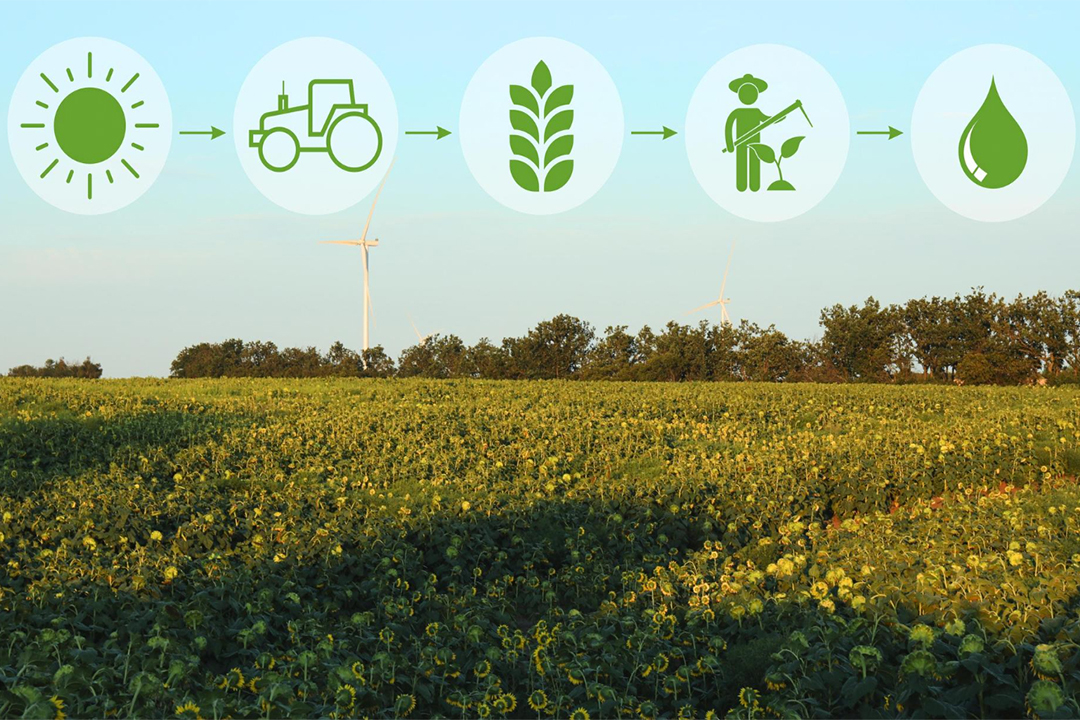In the rapidly evolving world of agriculture, the integration of technology has been a game-changer, particularly in the realm of feed management. SWT, a pioneer in smart agriculture equipment, is at the forefront of this revolution, offering advanced feed management systems that are transforming the way farmers approach livestock nutrition and farm efficiency. These feed management systems, a cornerstone of digital farm management, are not just about automation; they're about smarter, more sustainable farming practices. Let’s explore how these innovations are transforming the agricultural landscape.
One of the most significant impacts of feed management systems is their ability to provide precision nutrition. By analyzing the specific dietary needs of livestock based on various factors such as age, weight, and health status, these intelligent weighing technology systems can tailor feed ratios for optimal health and productivity. This precision not only enhances animal welfare but also maximizes feed efficiency, reducing waste and lowering costs for farmers.
The synergy between feed management systems and other smart agriculture equipment is a testament to the interconnected future of farming. These feed management systems can seamlessly communicate with automated feeding machinery, ensuring that the precise amount of feed is distributed at the right times. Moreover, integration with broader farm management software allows for a holistic view of farm operations, enabling better decision-making and resource allocation.
At the heart of digital farm management is the ability to monitor operations in real time. Feed management systems equipped with sensors and IoT (Internet of Things) technology provide continuous data on feed consumption and animal health. This wealth of feed management system information allows farmers to make immediate adjustments and predict future needs, ensuring that their operations are both responsive and proactive.
Sustainability is a critical concern in modern farming, and feed management systems play a crucial role in promoting eco-friendly practices. By optimizing feed usage and reducing waste, these feed management systems help lower the environmental footprint of livestock farming. Furthermore, efficient feed management contributes to better manure management and reduced greenhouse gas emissions, aligning farm operations with global sustainability goals.
The adoption of feed management systems is not just about improving farm operations; it's also about economic resilience. By streamlining feed management processes, farmers can achieve significant cost savings, improve livestock productivity, and enhance product quality. This economic advantage is crucial in an industry facing fluctuating market prices and increasing competition. As such, cloud computing system are not merely a technological investment but a strategic financial decision for the future of farming.
In conclusion, the revolution brought about by feed management systems in agriculture is multifaceted, touching on aspects of efficiency, sustainability, and economic viability. SWT's commitment to advancing smart agriculture equipment and digital farm management solutions is paving the way for a future where farming is not only more productive but also more sustainable and responsive to the global challenges of food security and environmental conservation. As we look ahead, it's clear that the future of farming lies in the intelligent integration of technology, and feed management systems are leading the charge.

1-437-268-7072